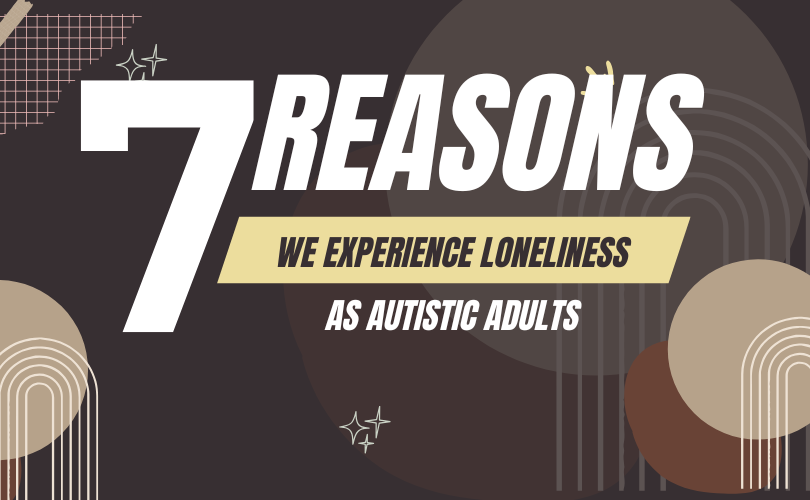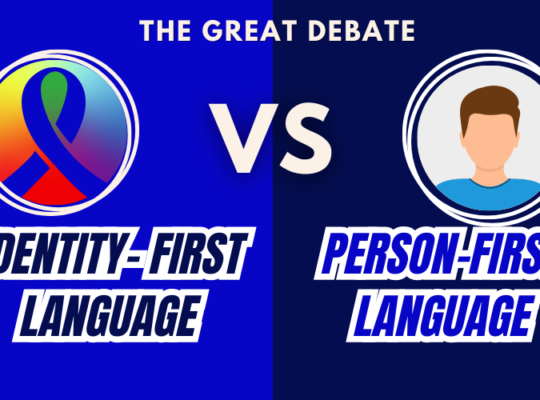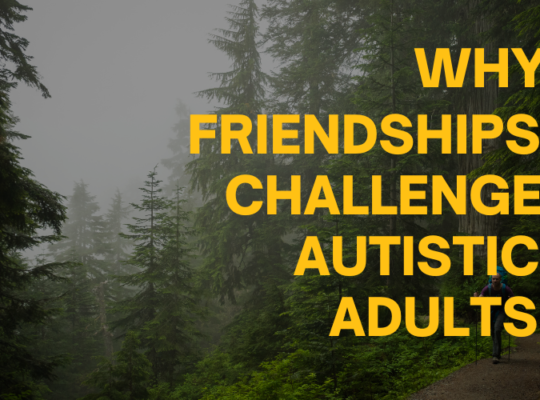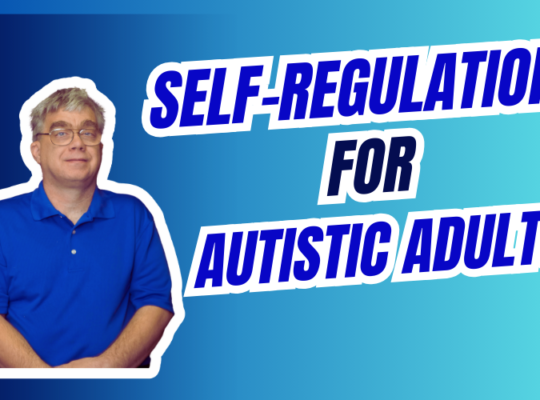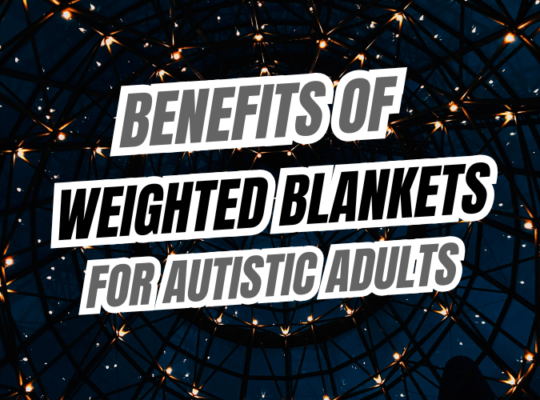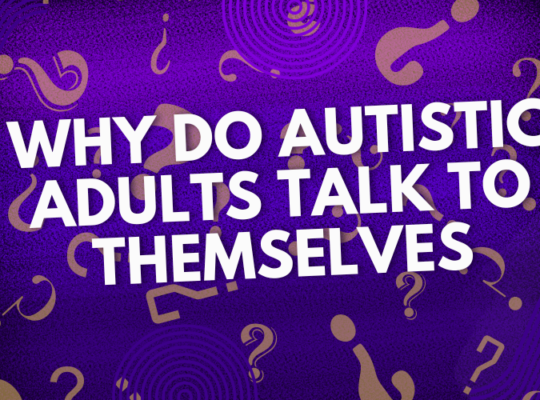According to research, autistics are significantly more likely to experience feelings of loneliness compared to Allistics. Studies suggest that we Autistics are up to 4 times more likely to feel lonely compared to Ballistics. This indicates that there are many Autistics reporting feelings of loneliness.
1 – Social Interaction
Social interaction and communication challenges. Often Autistics like you and me have trouble interpreting social cues, understanding non-verbal communication, and engaging in reciprocal conversations prevent us from building meaningful relationships with others which can lead to feelings of isolation and disconnection.
2 – Sensory Sensitivities
Sensory sensitivities cause us to isolate ourselves from others, leaving us feeling lonely. When we know what our sensory issues are, in particular what our sensory overload triggers are, we often avoid those situations. For example, crowded environments, if that is one of our triggers, may discourage us for participating in certain social activities.
3 – Fear of Rejection
Our fear of rejection is a contributing factor to our loneliness. This fear often stems from our anxiety about potential misunderstandings or negative reactions from others. This source of this anxiety often comes from previous experiences of being rejected by others.
4 – Lack of acceptance by others and/or society
A lack of acceptance and understanding, which are often caused by others not understanding Autistic experiences leads to misinterpretations by Allistics and causes Autistics difficulty in forming genuine connections, results in us feeling excluded.
5 – Masking
When we mask, aka camouflage, which is known as the act of trying to hide our Autistic traits to fit in, always leads to exhaustion and isolation.
6 – Employment Challenges
Employment challenges, with an estimated 40% to 90% unemployment rate for Autistic adults, prevent many Autistics from acquiring gainful employment which limits our opportunity for social interaction – which can produce our feelings of loneliness.
7 – Limited Support System
When our support system is limited, our feelings of being lonely increase. It starts when we finish school, and continues as we age, we Autistics might experience an increased lack of a structured social environment and support services necessary to navigate social situations.
Additionally, our loneliness can be further exacerbated by social anxiety, and our struggles with friendships.

